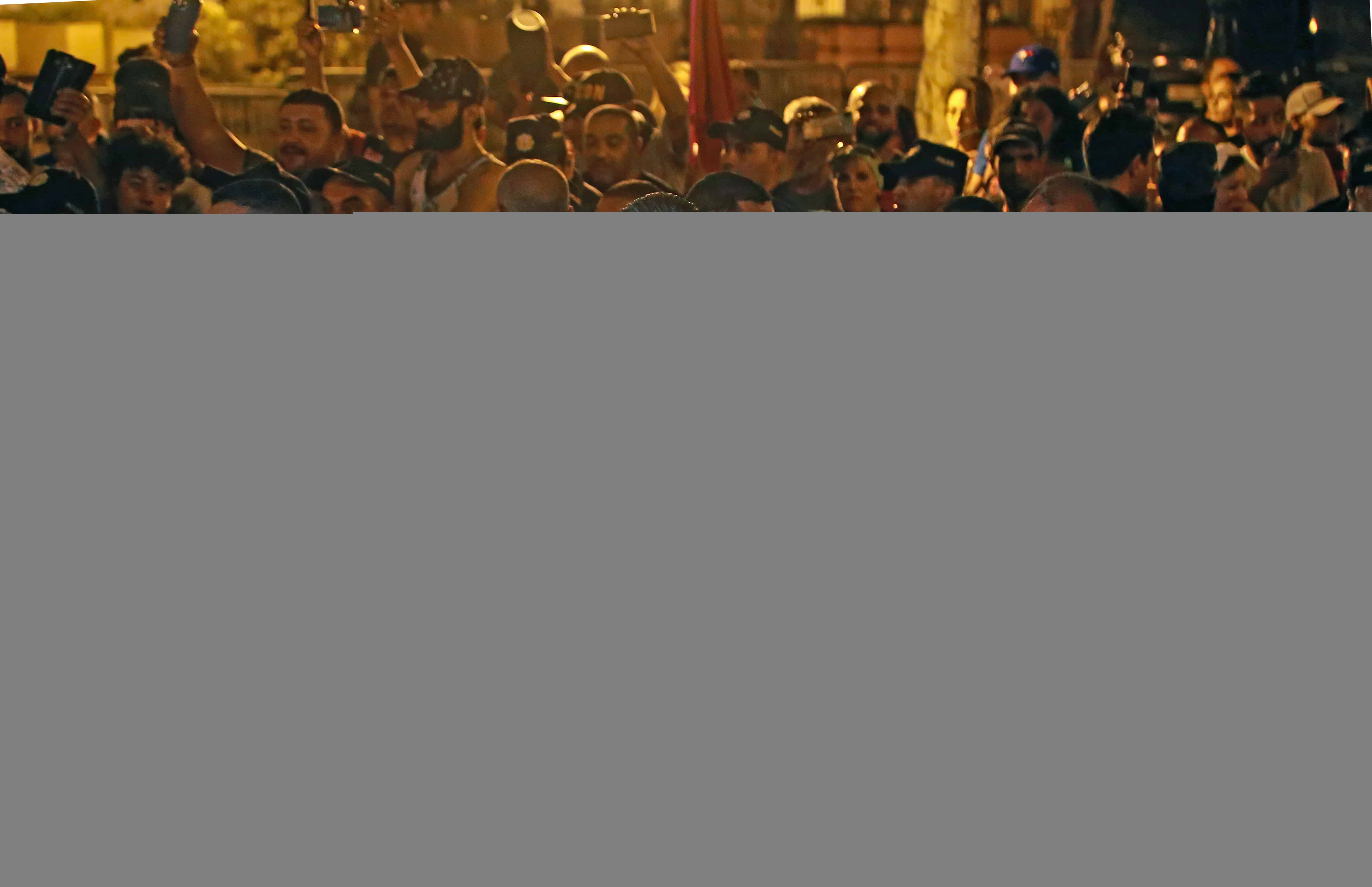Last week, the ISIE elections authority filed 24 legal complaints against media organisations and bloggers in the North African nation, accusing them of insults, “attacking the dignity of voters”, spreading false news and receiving foreign funds.
The supposed offences took place ahead of a July vote on a new constitution boosting the powers of the presidential system, a year after President Kais Saied staged a dramatic power grab in the birthplace of the Arab Spring.
In a joint statement on Tuesday, 28 organisations said ISIE had “targeted freedom of expression to the point where it was carrying out censorship against media organisations, in a blatant violation of the law”.
The organisations — including the SNJT journalists’ union, the Tunisian Association for Rights and Freedoms and the Tunisian Organisation Against Torture — accused ISIE of “acting like a police force censoring public opinion and the media”.
“We find it odd that ISIE was not interested in the transparency of the electoral process and ensuring a proper and free election, rather than focusing its efforts on monitoring people’s opinions, imposing censorship, prosecuting those with opinions, and threatening candidates, media outlets and NGOs (non-governmental organisations),” they said.
The referendum, followed by a December 17 vote for a parliament largely stripped of any power, were key milestones in Saied’s roadmap following his power grab in July last year.
Tunisian and foreign rights groups have warned that his actions threaten the only democracy to have emerged from the Arab Spring uprisings.








